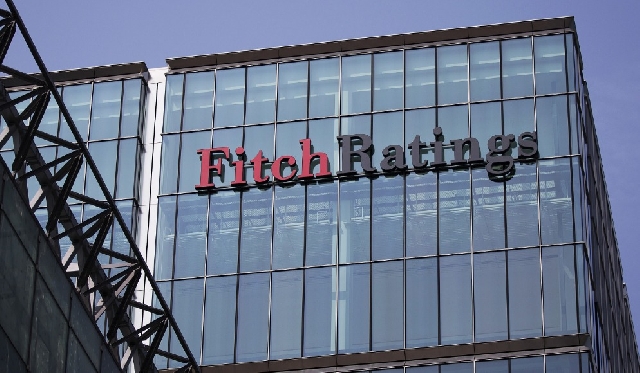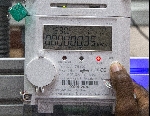Fitch: More African banks to be downgraded in 2023
 Fitch Ratings
Fitch Ratings
Deteriorating global and domestic shocks will undermine credit drivers for African banks in 2023, Fitch has said.
According to Fitch’s sector outlook, these will add to existing operating environment risks, but they believe moderate GDP growth, with no major African economy entering a recession, combined with banks showing a good degree of resilience over the past two years, will prevent a more material downside scenario.
“Weakened African sovereigns and significant contagion risks to banks play a large part in our deteriorating sector outlook for 2023,” Fitch stated.
“Political risk will remain high and could bring further market uncertainty. Asset quality risks will return and be more prominent, with households and businesses continuing to be hit by high inflation, rising rates, currency depreciation and US dollar shortages,” it added.
Nevertheless, Fitch assume only a moderate increase in impaired loan ratios.
According to the rating agency, high commodity prices will be supportive of many African economies and banks’ operating environments but a key risk to asset quality would come if there was a sharp fall in commodity prices triggered by a global slowdown, especially with economic developments in China, a major trade partner.
Rising interest rates and still satisfactory loan growth (above GDP growth) will be supportive of banks’ revenue generation and profitability, and mitigate moderate rises in credit costs, it noted.
In a statement, Fitch said “Capitalisation, funding and liquidity remain comfortable, with the latter in particular, underpinning banks’ standalone creditworthiness. Sovereign debt distress is the major risk to African banks’ financial profile.
“Sovereign downgrades could result in more bank rating downgrades in 2023.”
“We are most concerned about potential sovereign defaults with many African governments facing very high and increasing debt servicing burdens exacerbated by rising interest rates, US dollar strength and unfavourable external funding conditions. The Ghana debt restructuring will affect domestic as well as regional banks,” it added.
Trending Business

Dec. 7 polls: Aggrieved Menzgold customers threaten to vote out NPP if GHS200m bailout isn't granted
14:42
Not all metres being updated – ECG clarifies
00:34
Ashanti Region pig farmers raise pork prices amid soaring production costs
02:58
Jospong Group, Uasin Gishu County signs pact to boost sanitation services in Kenya
00:40
FDA defends best-before-date extension on 22,000 bags of rice for SHS students
09:40
Exchange rate cause of escalating petroleum prices -NPA
14:39
AAC pledges sustainable agriculture practices and investments across Africa
12:46
'The Bank Square': BoG's new HQ will foster innovation, excellence in service – Pres. Akufo-Addo
22:54
'The Bank Square': BoG to commission new HQ Wed. Nov. 20
02:38
Royal Senchi hotel founder dies
14:33




